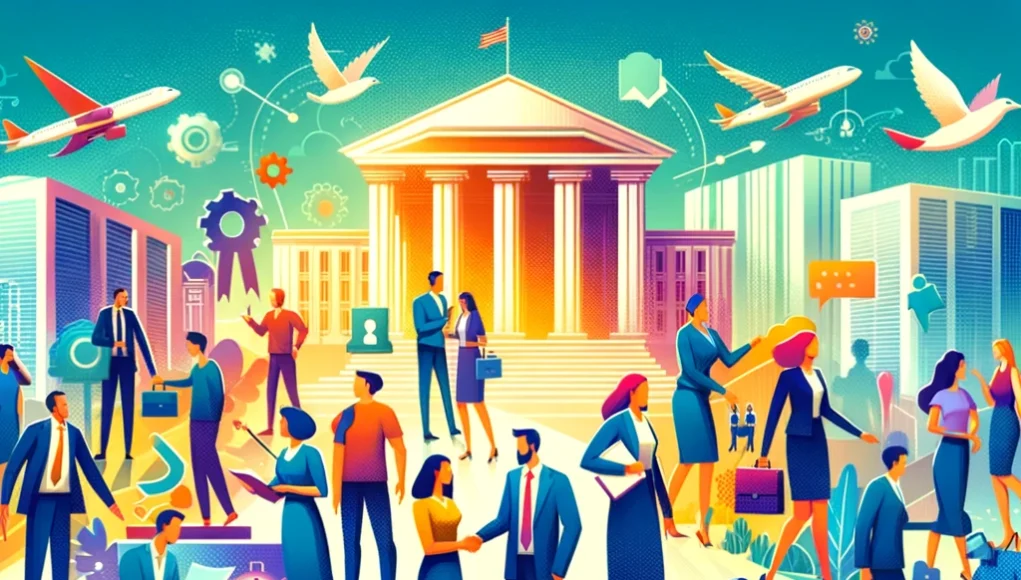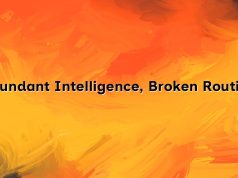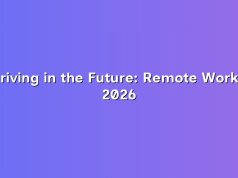Occupational Safety and Health Administration (OSHA)
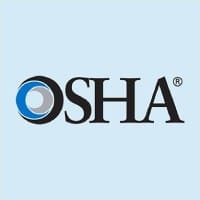
- The Occupational Safety and Health Administration (OSHA) is a federal agency that ensures safe and healthy working conditions by setting and enforcing standards and providing training, outreach, education, and assistance. Established in 1970 under the Department of Labor, OSHA collaborates with nonprofit organizations to promote workplace safety and health programs. Their efforts have led to significant reductions in workplace injuries, illnesses, and fatalities, making OSHA a cornerstone in the protection of workers’ rights and safety.
National Institute for Occupational Safety and Health (NIOSH)
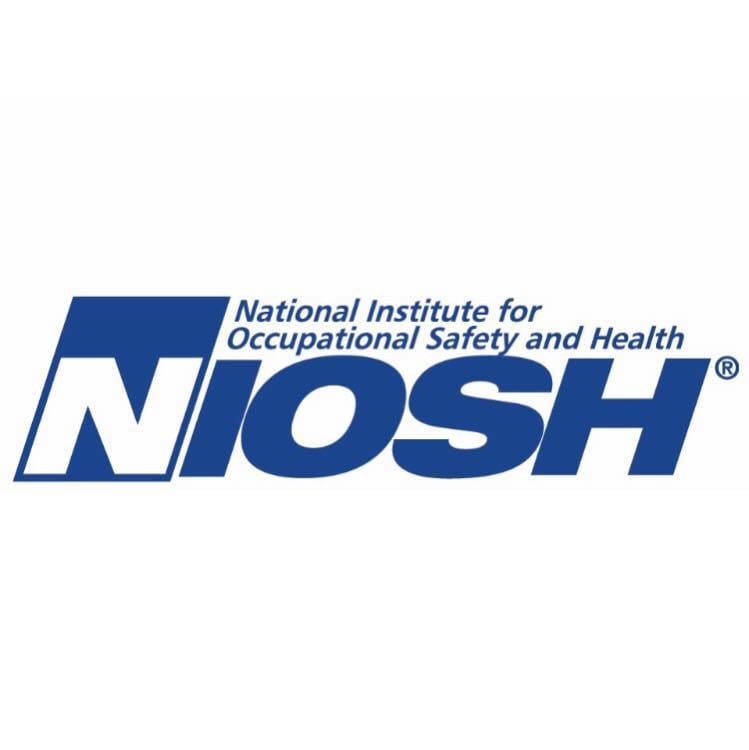
- NIOSH is a federal agency responsible for conducting research and making recommendations to prevent work-related injuries, illnesses, and deaths. As part of the Centers for Disease Control and Prevention (CDC), NIOSH collaborates with government and nonprofit organizations to develop and implement occupational safety and health standards. Their comprehensive research and policy advocacy work have significantly improved workplace safety protocols and health outcomes for workers across various industries.
Equal Employment Opportunity Commission (EEOC)
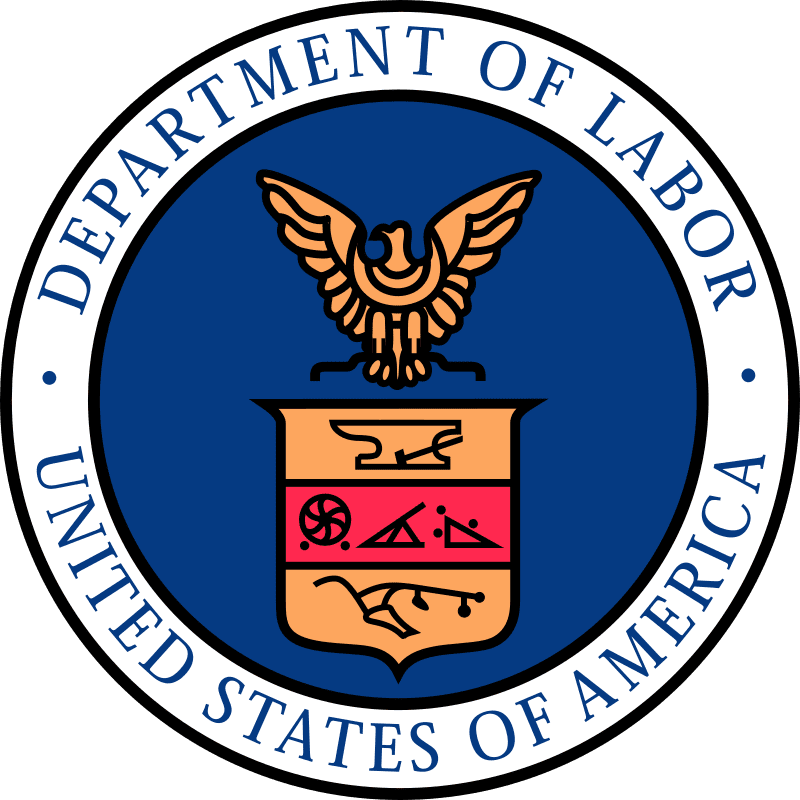
- The Equal Employment Opportunity Commission (EEOC) enforces federal laws prohibiting employment discrimination. Established in 1965, the EEOC works with various nonprofit organizations to educate the public about discrimination and promote equal employment opportunities. Through their efforts, the EEOC has helped to create more inclusive and equitable workplaces by addressing issues related to race, gender, age, disability, and other forms of discrimination.
U.S. Department of Labor (DOL)
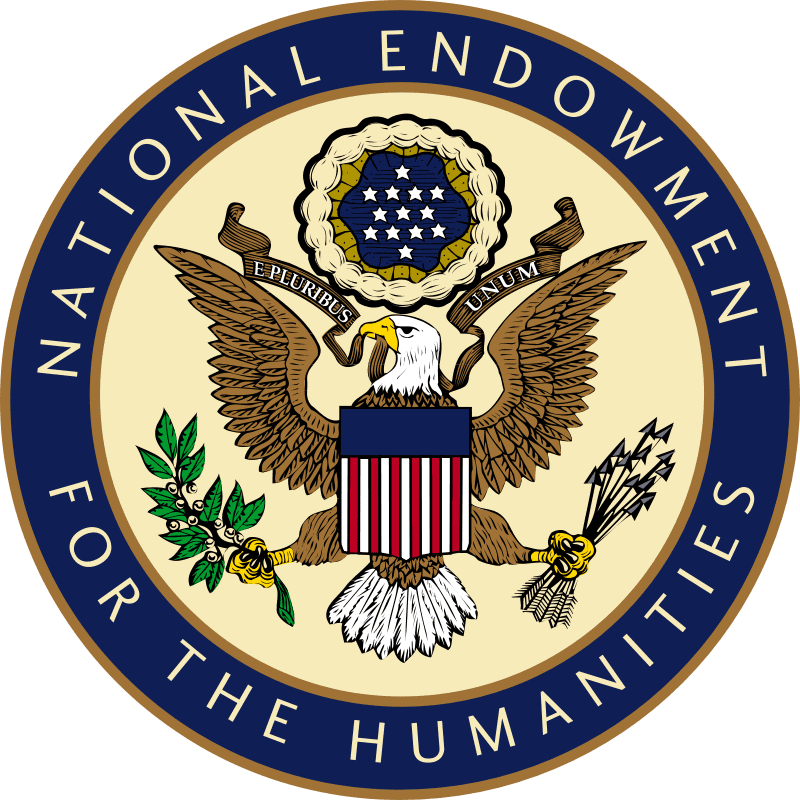
- The U.S. Department of Labor (DOL) administers and enforces federal labor laws, focusing on promoting the welfare of wage earners, job seekers, and retirees. The DOL partners with numerous nonprofit organizations to advance labor standards, ensure safe working conditions, and enhance employment opportunities. Their programs and initiatives, such as apprenticeship programs and workforce development grants, have significantly contributed to improving the labor market and worker protections.
Employment and Training Administration (ETA)

- The Employment and Training Administration (ETA) is a division of the DOL that provides job training, employment services, and workforce development programs. ETA collaborates with nonprofit organizations to help workers gain the skills needed for in-demand jobs and to support economic growth. Their initiatives include job placement services, apprenticeship programs, and unemployment insurance, which have been instrumental in enhancing workforce readiness and economic resilience.
Office of Disability Employment Policy (ODEP)
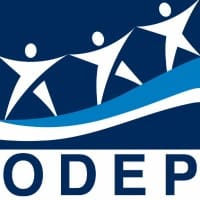
- The Office of Disability Employment Policy (ODEP) is a federal agency within the DOL that promotes policies and coordinates programs to increase employment opportunities for people with disabilities. ODEP works with nonprofit organizations to develop and implement inclusive workplace practices and policies. Their efforts have led to greater accessibility and opportunities for disabled workers, fostering a more diverse and inclusive labor market.
National Labor Relations Board (NLRB)
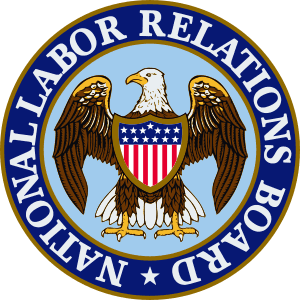
- The National Labor Relations Board (NLRB) protects employees’ rights to organize and to determine whether to have unions as their bargaining representative. Established in 1935, the NLRB works with various nonprofit organizations to uphold labor laws and ensure fair labor practices. Their enforcement of collective bargaining rights and protection against unfair labor practices have been crucial in advancing workers’ rights and workplace democracy.
Veterans’ Employment and Training Service (VETS)
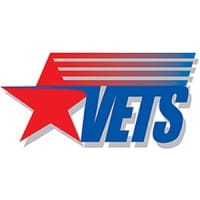
- The Veterans’ Employment and Training Service (VETS) is a federal agency within the DOL that provides resources and support to help veterans succeed in the civilian workforce. VETS collaborates with nonprofit organizations to offer job training, employment services, and outreach programs for veterans and their families. Their efforts have led to significant improvements in employment outcomes for veterans, helping them transition smoothly into civilian careers.
Small Business Administration (SBA)
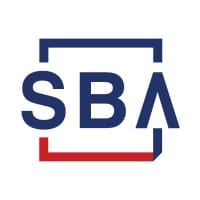
- The Small Business Administration (SBA) supports small businesses through loans, grants, and advisory services. The SBA collaborates with nonprofit organizations to provide resources and support for small business owners and entrepreneurs. Their programs help create job opportunities and foster economic growth, benefiting both workers and employers in the small business sector.
Women’s Bureau
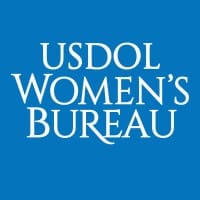
- The Women’s Bureau is a federal agency within the DOL that advocates for the interests of working women. Established in 1920, the Women’s Bureau works with nonprofit organizations to promote policies that support equal pay, work-life balance, and workplace safety for women. Their efforts have led to significant advancements in gender equality in the workplace, ensuring that women have access to fair and equitable employment opportunities.
Wage and Hour Division (WHD)
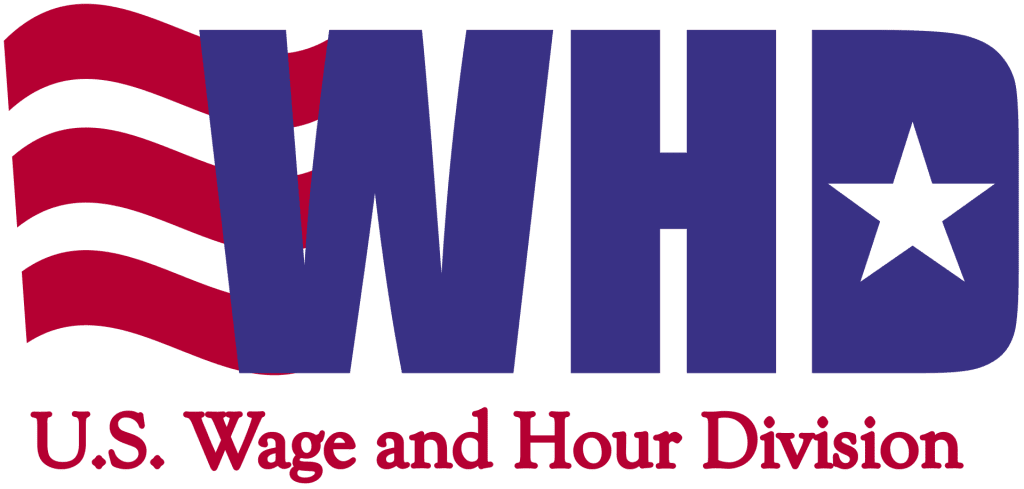
- The Wage and Hour Division (WHD) enforces federal labor laws related to minimum wage, overtime pay, and child labor. As part of the DOL, WHD collaborates with nonprofit organizations to educate workers and employers about their rights and responsibilities. Their enforcement efforts have helped to ensure that workers receive fair compensation for their labor and that employers comply with labor standards.
Corporation for National and Community Service (CNCS)
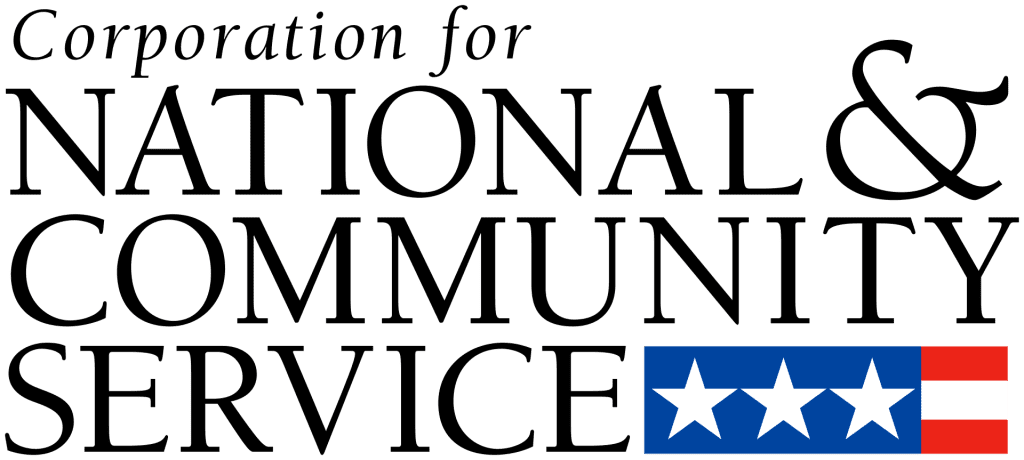
- The Corporation for National and Community Service (CNCS) is a federal agency that engages millions of Americans in volunteer service through programs like AmeriCorps and Senior Corps. CNCS partners with nonprofit organizations to address critical community needs, including workforce development and job training. Their programs provide valuable work experience and skill development opportunities, helping individuals improve their employability and contribute to their communities.
Federal Mediation and Conciliation Service (FMCS)
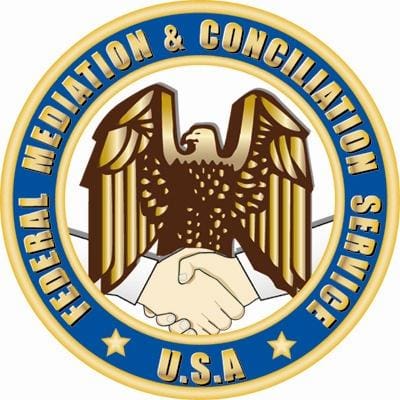
- The Federal Mediation and Conciliation Service (FMCS) is an independent agency that provides mediation and conflict resolution services to prevent and resolve labor disputes. FMCS works with nonprofit organizations to promote cooperative labor-management relations and improve workplace harmony. Their services have been instrumental in reducing workplace conflicts and fostering positive labor relations, benefiting both workers and employers.
Office of Federal Contract Compliance Programs (OFCCP)
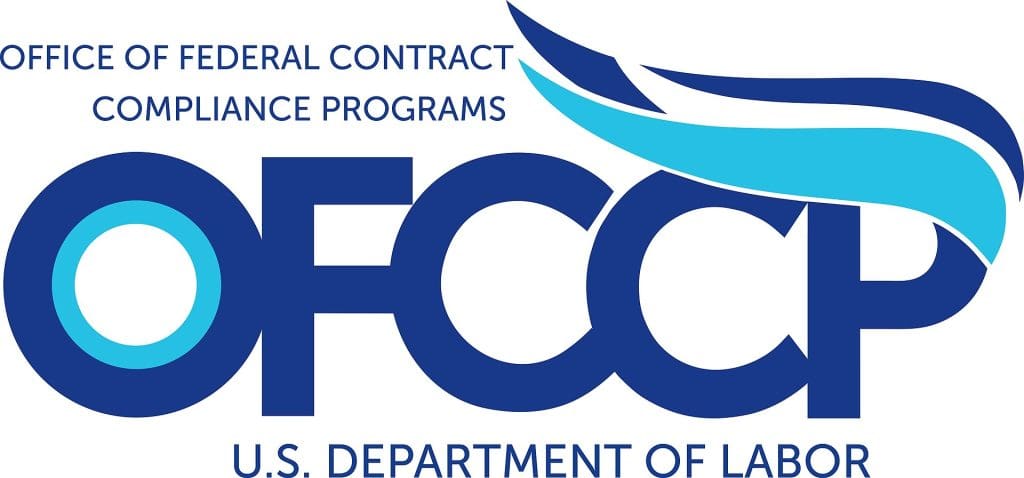
- The Office of Federal Contract Compliance Programs (OFCCP) ensures that employers doing business with the federal government comply with laws and regulations requiring nondiscrimination. As part of the DOL, OFCCP collaborates with nonprofit organizations to promote equal employment opportunities and affirmative action. Their enforcement efforts have helped to create more inclusive workplaces and ensure that federal contractors adhere to fair labor practices.
Institute of Museum and Library Services (IMLS)
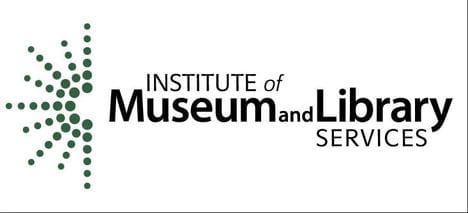
- The Institute of Museum and Library Services (IMLS) is a federal agency that supports museums and libraries through grants and funding programs. IMLS partners with nonprofit organizations to promote workforce development and job training initiatives in these cultural institutions. Their programs help museum and library professionals gain new skills and improve their career prospects, contributing to the growth and sustainability of these important cultural sectors.
National Endowment for the Arts (NEA)
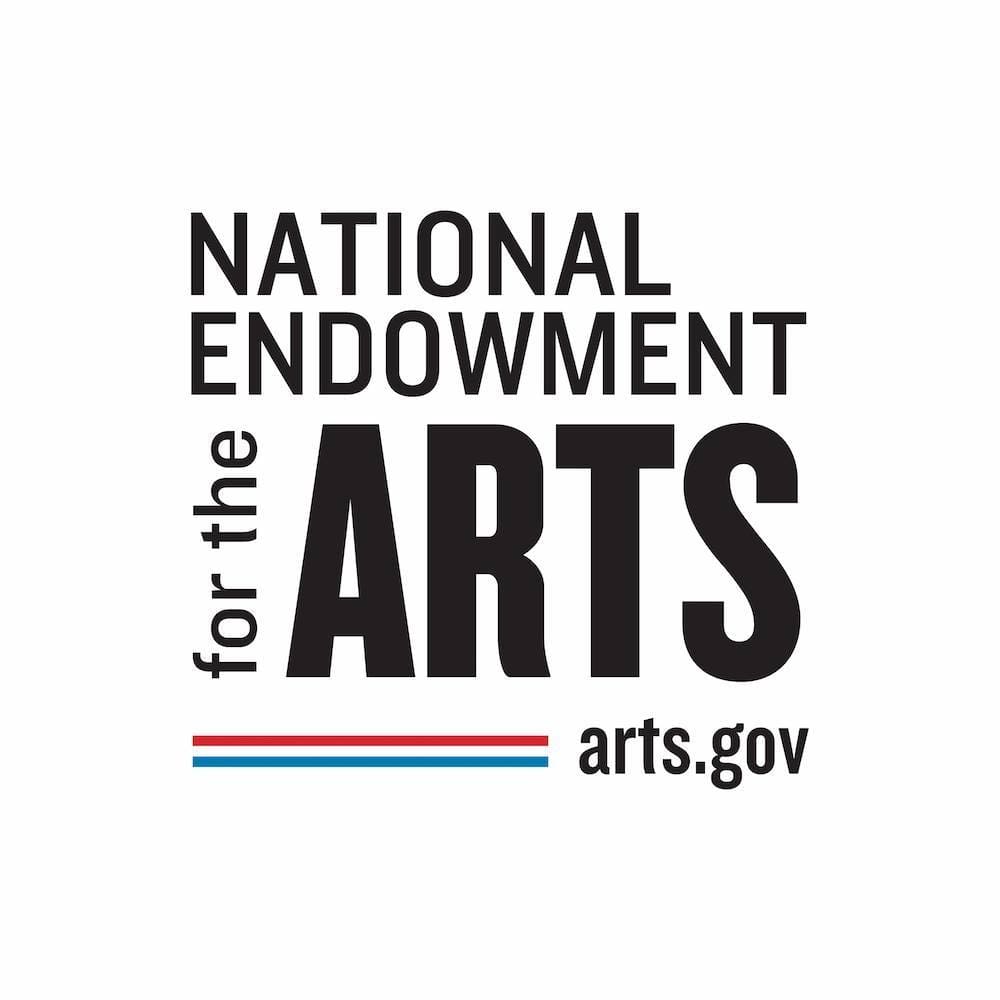
- The National Endowment for the Arts (NEA) is a federal agency that supports artistic excellence and creativity through grants and funding programs. NEA collaborates with nonprofit organizations to provide resources and support for artists and cultural workers. Their programs help to create job opportunities and promote economic growth in the arts sector, benefiting both workers and communities.
National Endowment for the Humanities (NEH)

- The National Endowment for the Humanities (NEH) is a federal agency that supports research, education, and public programs in the humanities. NEH partners with nonprofit organizations to promote workforce development and job training initiatives in the humanities field. Their programs help humanities professionals gain new skills and advance their careers, contributing to the growth and sustainability of this important sector.
National Science Foundation (NSF)
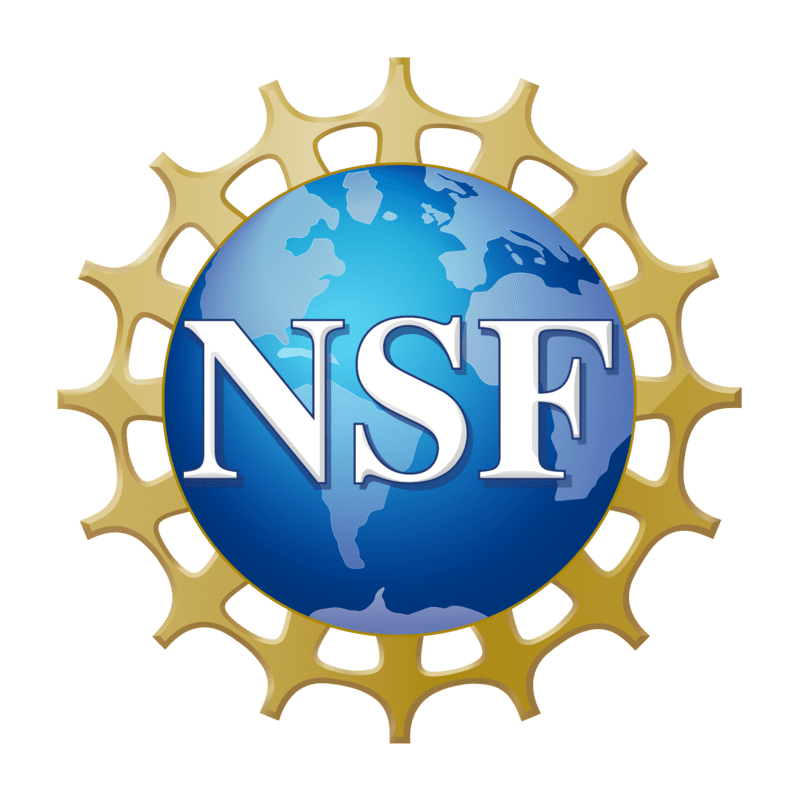
- The National Science Foundation (NSF) is a federal agency that supports scientific research and education through grants and funding programs. NSF collaborates with nonprofit organizations to promote workforce development and job training initiatives in science, technology, engineering, and mathematics (STEM) fields. Their programs help STEM professionals gain new skills and improve their career prospects, contributing to the growth and innovation of these critical sectors.
Environmental Protection Agency (EPA)
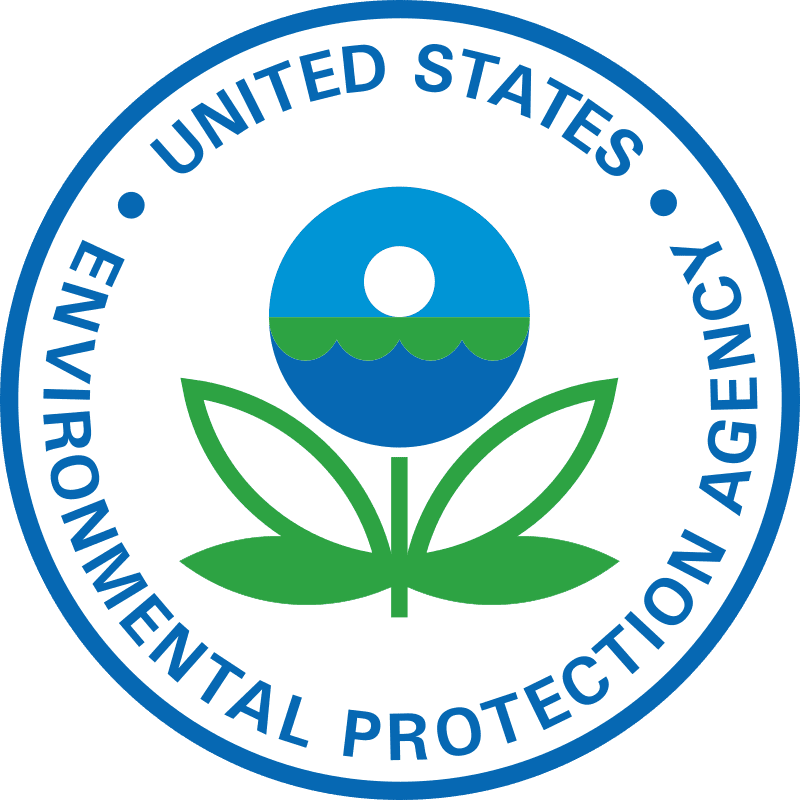
- The Environmental Protection Agency (EPA) is a federal agency that protects human health and the environment through regulations and programs. EPA partners with nonprofit organizations to promote workforce development and job training initiatives in environmental protection and sustainability. Their programs help environmental professionals gain new skills and advance their careers, contributing to the growth and sustainability of the environmental sector.
AmeriCorps
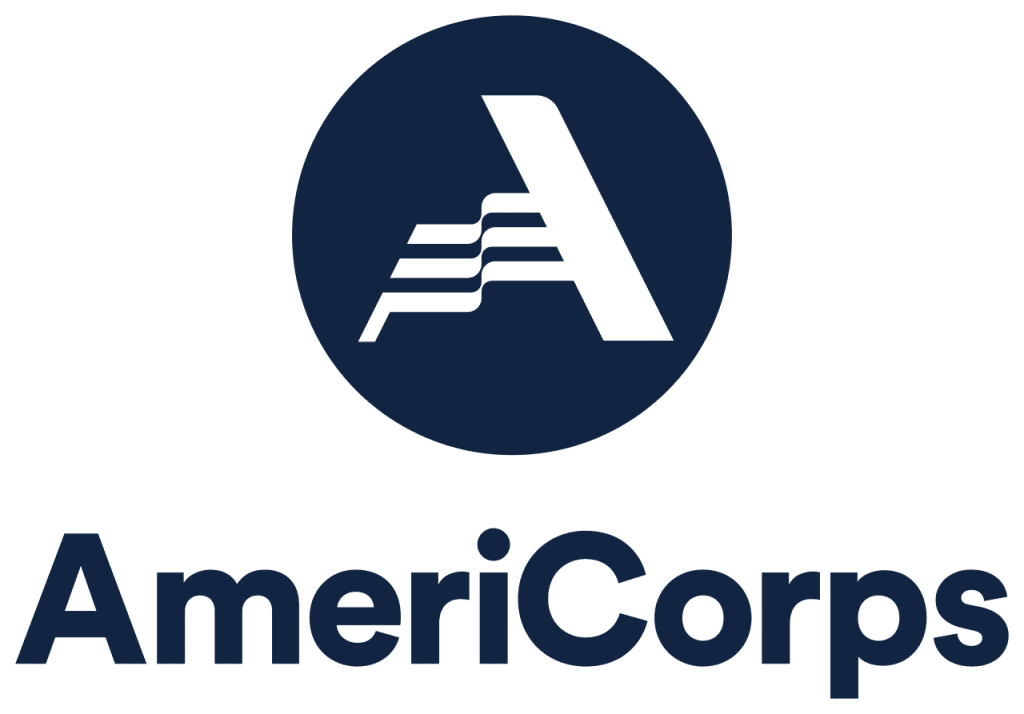
- AmeriCorps is a federal program that engages individuals in public service and community development projects. AmeriCorps collaborates with nonprofit organizations to provide valuable work experience and skill development opportunities for participants. Their programs help individuals improve their employability and contribute to their communities, benefiting both workers and the organizations they serve.
Senior Corps
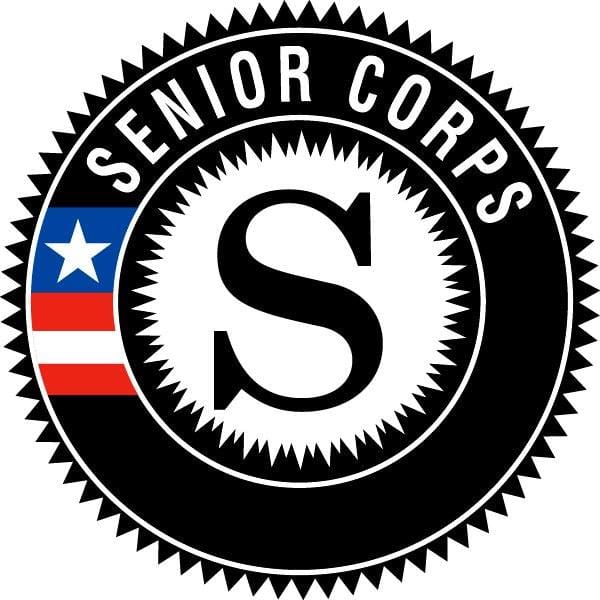
- Senior Corps is a federal program that engages older Americans in volunteer service through programs like Foster Grandparents and Senior Companions. Senior Corps partners with nonprofit organizations to provide valuable work experience and skill development opportunities for older adults. Their programs help seniors stay active and engaged in their communities, benefiting both the volunteers and the organizations they serve.
Job Corps
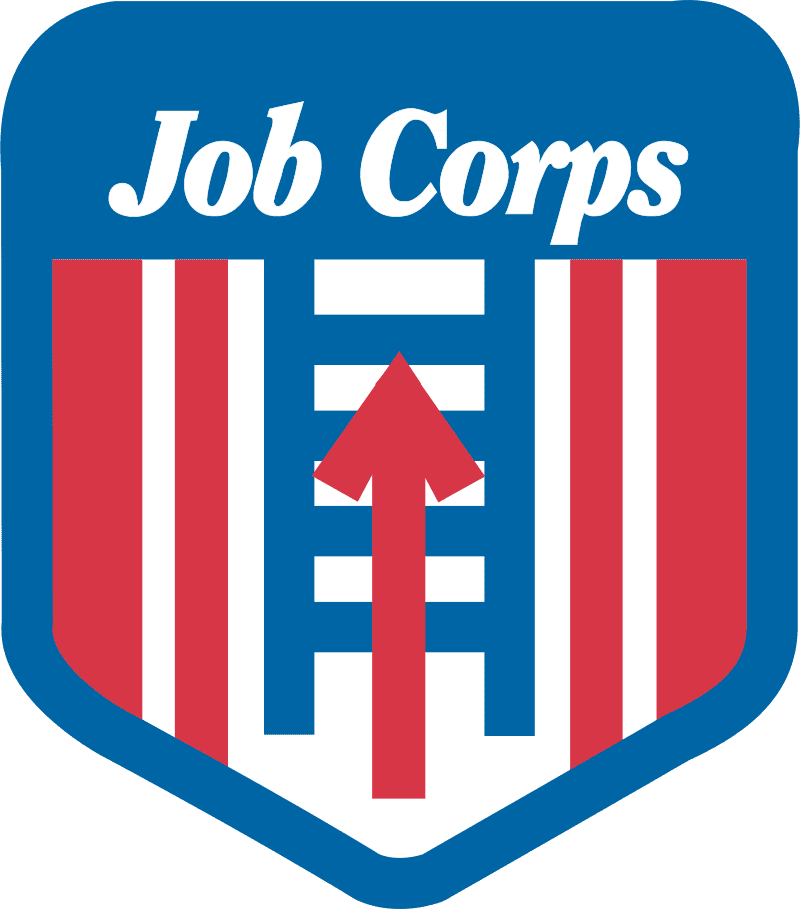
- Job Corps is a federal program that provides free education and vocational training to young people ages 16 to 24. Administered by the DOL, Job Corps partners with nonprofit organizations to offer job training, employment services, and support for disadvantaged youth. Their programs help young people gain the skills and experience needed to succeed in the workforce, contributing to economic growth and reducing unemployment among young adults.
Workforce Investment Boards (WIBs)
- Workforce Investment Boards (WIBs) are local and regional entities that oversee workforce development programs funded by the federal government. WIBs collaborate with nonprofit organizations, educational institutions, and employers to develop and implement strategies for workforce development and job training. Their efforts help to ensure that workers have the skills needed to meet the demands of local labor markets, contributing to economic growth and job creation.
Goodwill Industries International
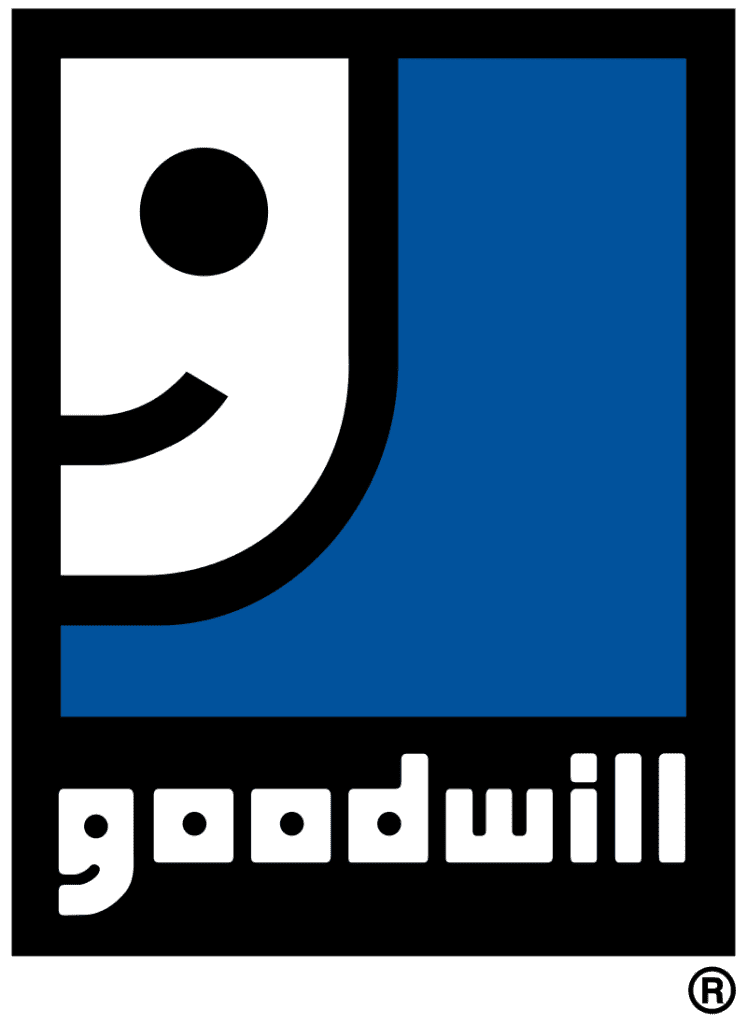
- Goodwill Industries International is a nonprofit organization that provides job training, employment placement services, and other community-based programs for people facing barriers to employment. Goodwill partners with government agencies to deliver workforce development programs funded by federal and state grants. Their initiatives help individuals gain the skills and experience needed to secure stable employment and achieve economic independence.
United States Agency for International Development (USAID)
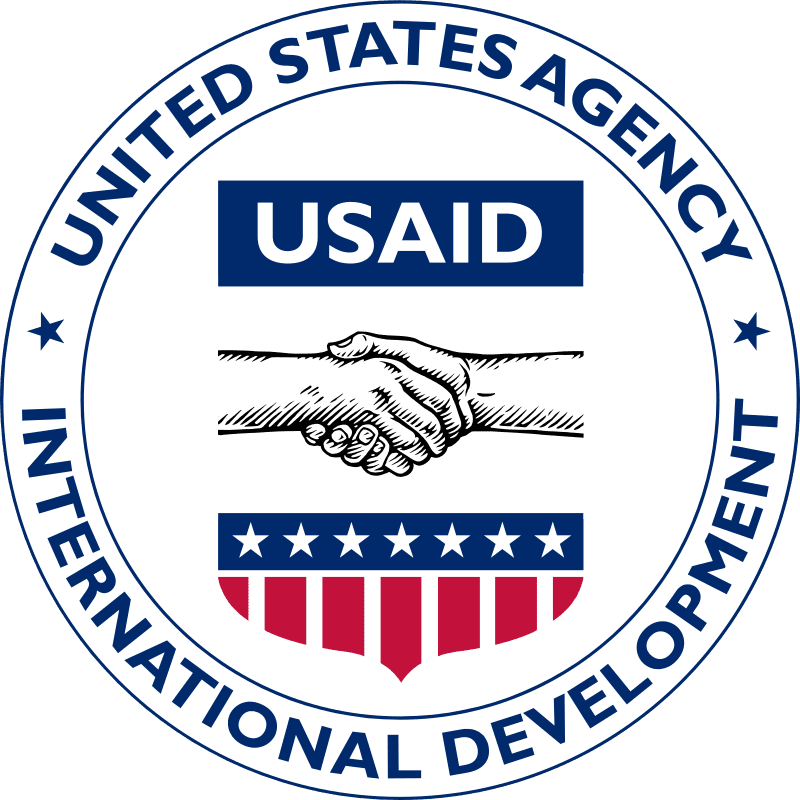
- The United States Agency for International Development (USAID) is a federal agency that administers civilian foreign aid and development assistance. USAID collaborates with nonprofit organizations to implement workforce development and job training programs in developing countries. Their efforts help to create economic opportunities, improve labor standards, and promote sustainable development, benefiting workers and communities worldwide.
Social Security Administration (SSA)
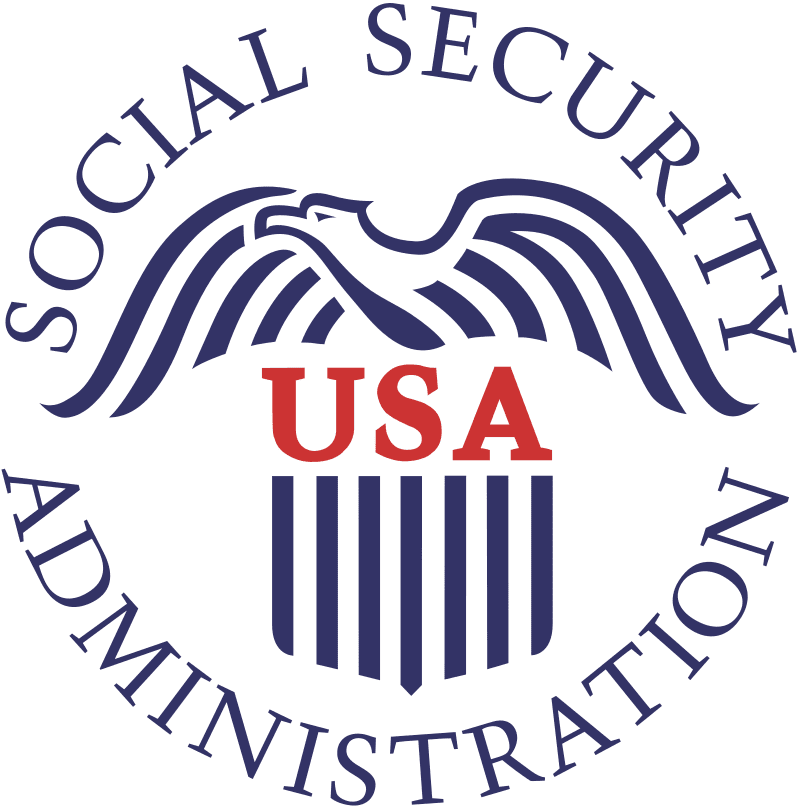
- The Social Security Administration (SSA) is a federal agency that administers social security benefits, including retirement, disability, and survivors benefits. SSA partners with nonprofit organizations to provide outreach and support services for beneficiaries. Their programs help individuals navigate the social security system and access the benefits they are entitled to, contributing to economic security and well-being for workers and their families.
National Institutes of Health (NIH)
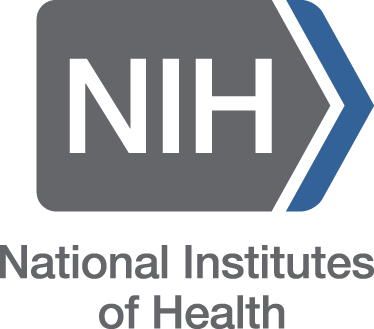
- The National Institutes of Health (NIH) is a federal agency that conducts and supports medical research. NIH collaborates with nonprofit organizations to promote workforce development and job training initiatives in the biomedical and health sciences fields. Their programs help researchers and healthcare professionals gain new skills and advance their careers, contributing to the growth and innovation of the healthcare sector.
Department of Veterans Affairs (VA)
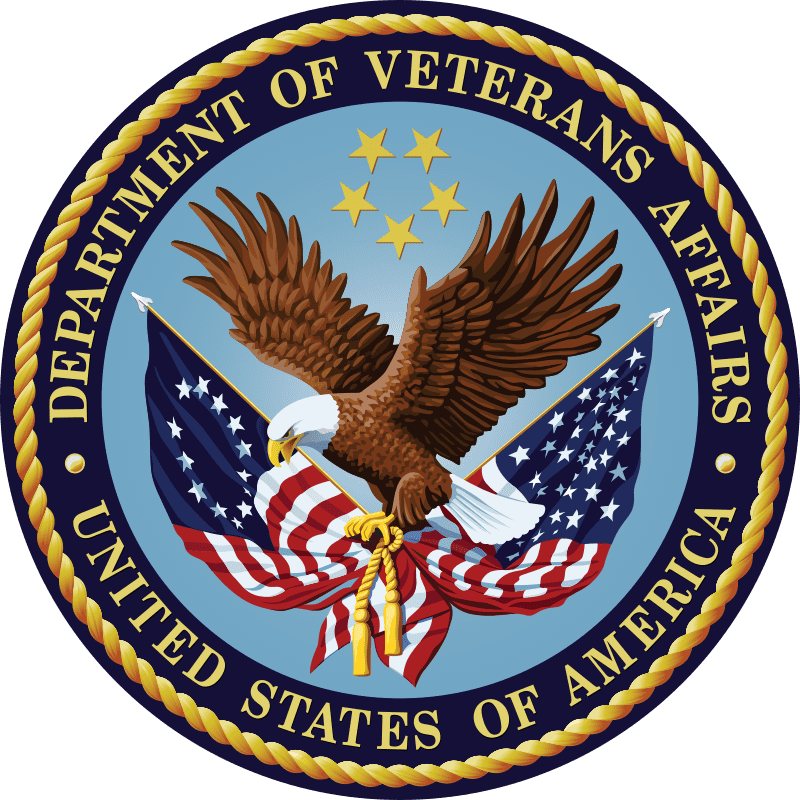
- The Department of Veterans Affairs (VA) provides healthcare, benefits, and services to military veterans. The VA partners with nonprofit organizations to deliver job training, employment services, and support for veterans transitioning to civilian careers. Their programs help veterans gain the skills and experience needed to succeed in the workforce, contributing to economic stability and well-being for veterans and their families.
National Science and Technology Council (NSTC)
- The National Science and Technology Council (NSTC) is a federal entity that coordinates science and technology policy across the U.S. government. NSTC collaborates with nonprofit organizations to promote workforce development and job training initiatives in science and technology fields. Their programs help scientists and technologists gain new skills and advance their careers, contributing to the growth and innovation of the U.S. science and technology sector.
Federal Aviation Administration (FAA)
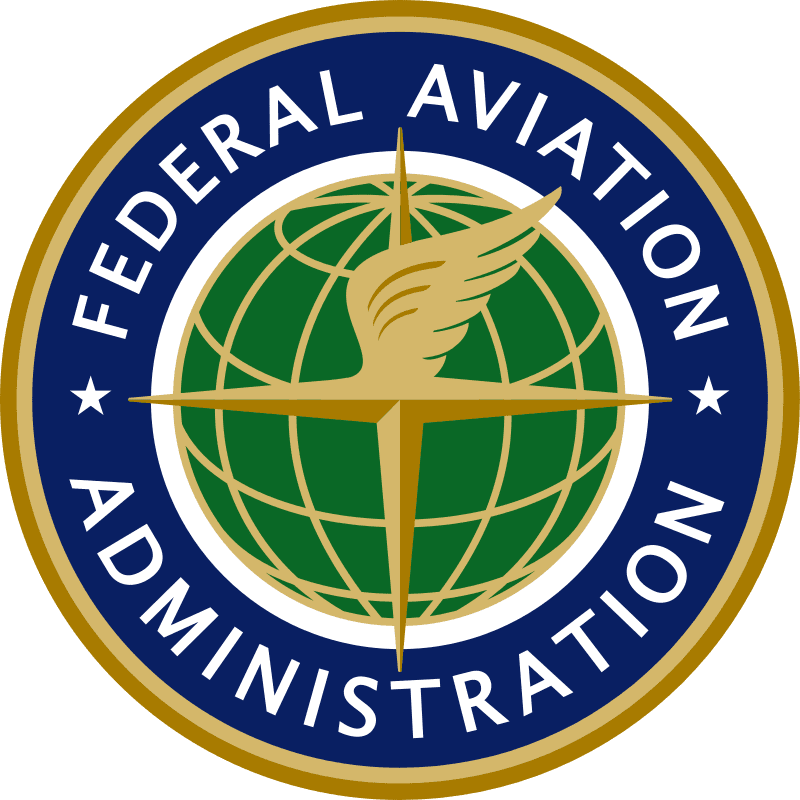
- The Federal Aviation Administration (FAA) is a federal agency that regulates civil aviation. The FAA partners with nonprofit organizations to promote workforce development and job training initiatives in the aviation industry. Their programs help aviation professionals gain new skills and improve their career prospects, contributing to the safety and efficiency of the aviation sector.
National Aeronautics and Space Administration (NASA)
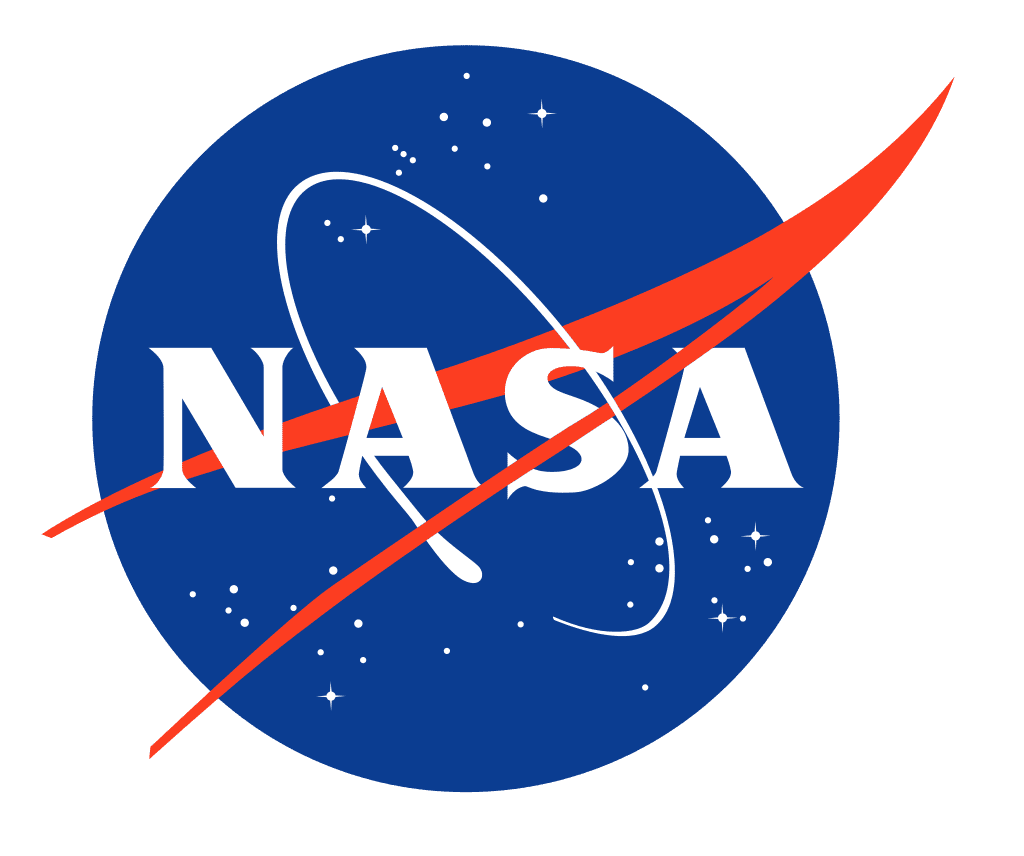
- The National Aeronautics and Space Administration (NASA) is a federal agency that conducts space exploration and research. NASA collaborates with nonprofit organizations to promote workforce development and job training initiatives in the aerospace and engineering fields. Their programs help aerospace professionals gain new skills and advance their careers, contributing to the growth and innovation of the aerospace sector.
Federal Communications Commission (FCC)
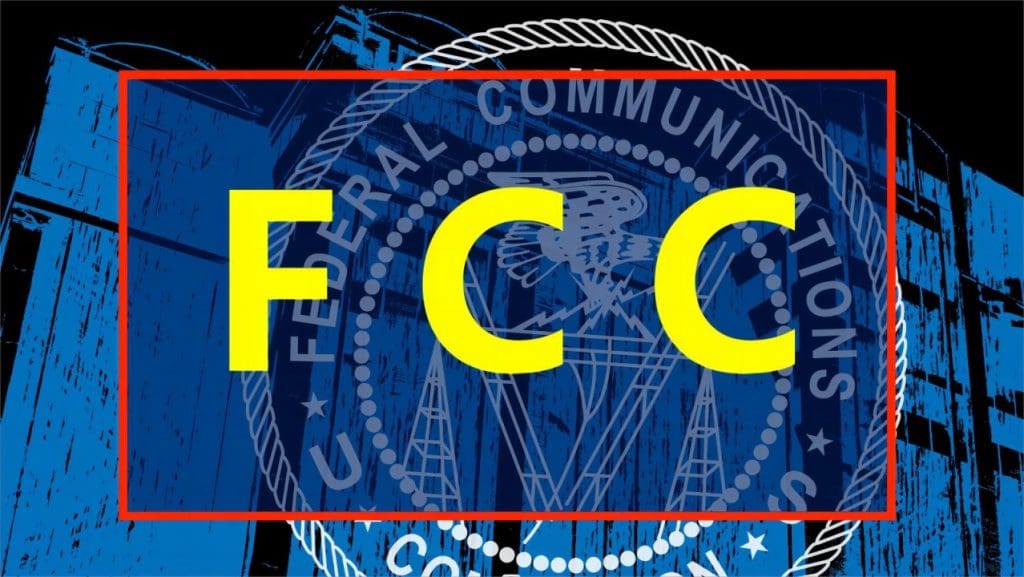
- The Federal Communications Commission (FCC) is a federal agency that regulates interstate and international communications. The FCC partners with nonprofit organizations to promote workforce development and job training initiatives in the telecommunications industry. Their programs help communications professionals gain new skills and improve their career prospects, contributing to the growth and innovation of the telecommunications sector.
United States Geological Survey (USGS)
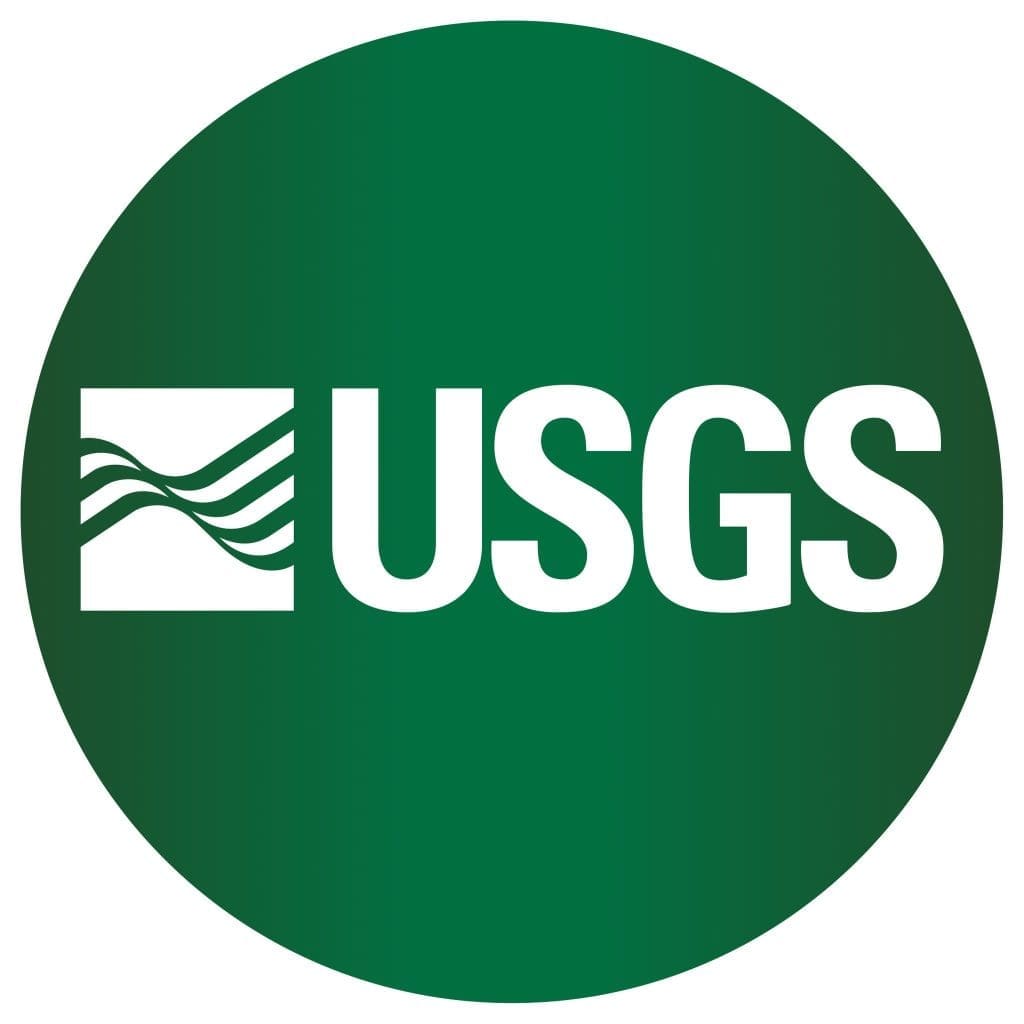
- The United States Geological Survey (USGS) is a federal agency that conducts scientific research on natural resources and hazards. USGS collaborates with nonprofit organizations to promote workforce development and job training initiatives in the geosciences. Their programs help geoscientists gain new skills and advance their careers, contributing to the growth and sustainability of the natural resources sector.
Department of Education (ED)

- The Department of Education (ED) is a federal agency that promotes student achievement and preparation for global competitiveness. The ED partners with nonprofit organizations to deliver workforce development and job training programs for students and educators. Their initiatives help individuals gain the skills and knowledge needed to succeed in the workforce and contribute to economic growth and innovation.
National Oceanic and Atmospheric Administration (NOAA)
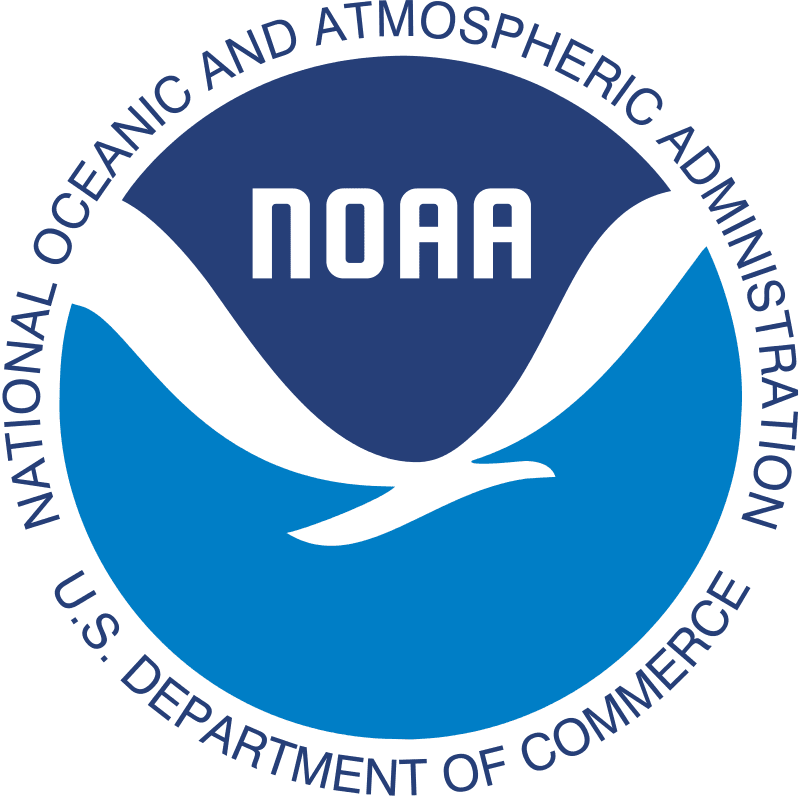
- The National Oceanic and Atmospheric Administration (NOAA) is a federal agency that studies the oceans and atmosphere. NOAA collaborates with nonprofit organizations to promote workforce development and job training initiatives in marine science and environmental management. Their programs help marine scientists and environmental professionals gain new skills and advance their careers, contributing to the sustainability of marine and coastal ecosystems.
Bureau of Labor Statistics (BLS)
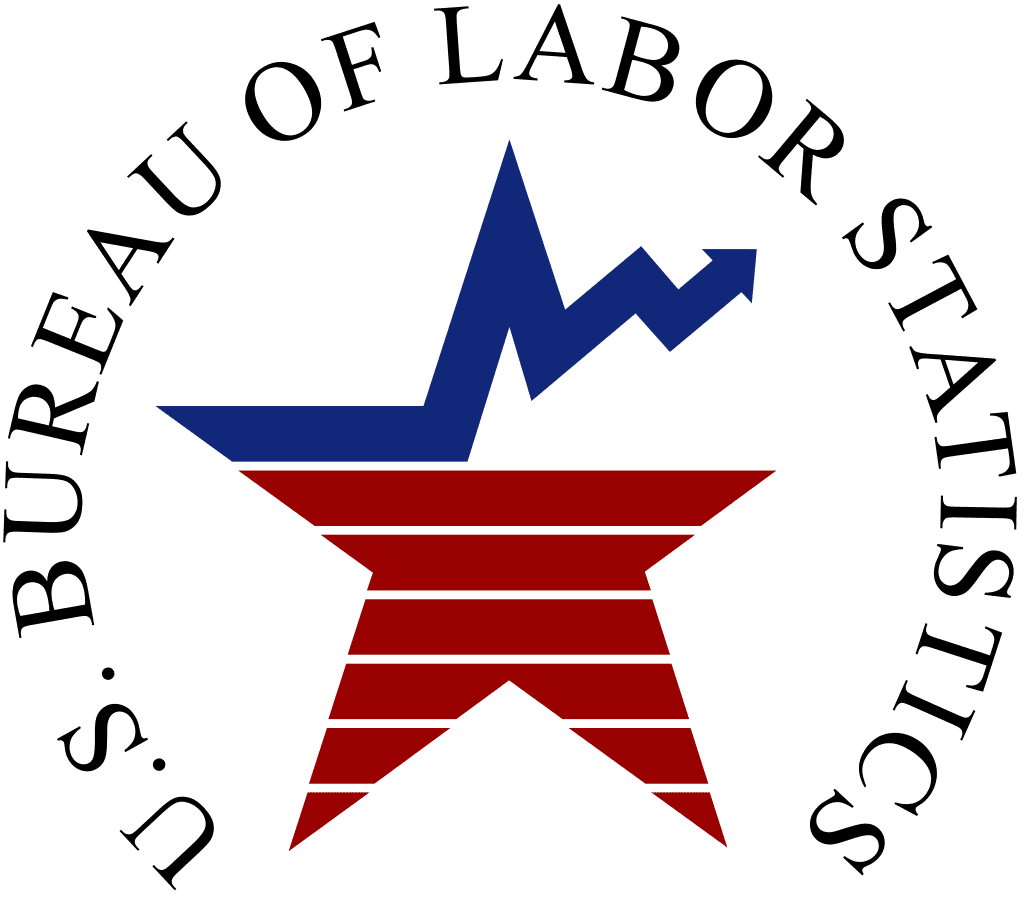
- The Bureau of Labor Statistics (BLS) is a federal agency that collects, analyzes, and disseminates essential economic information. BLS partners with nonprofit organizations to provide data and analysis on labor market trends, wages, and employment conditions. Their efforts help policymakers, employers, and workers make informed decisions and contribute to the development of effective labor policies and programs.
United States Patent and Trademark Office (USPTO)
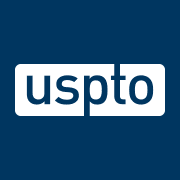
- The United States Patent and Trademark Office (USPTO) is a federal agency that grants patents and registers trademarks. USPTO collaborates with nonprofit organizations to promote workforce development and job training initiatives in intellectual property law and innovation. Their programs help intellectual property professionals gain new skills and advance their careers, contributing to the growth and protection of intellectual property.
Department of Commerce (DOC)
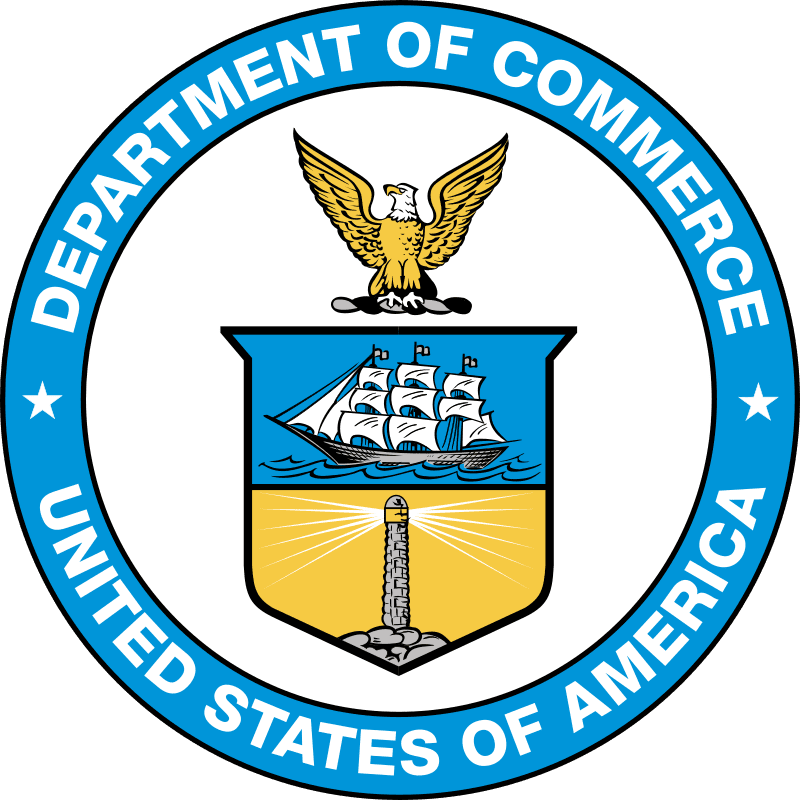
- The Department of Commerce (DOC) is a federal agency that promotes economic growth and job creation. The DOC partners with nonprofit organizations to deliver workforce development and job training programs for workers and businesses. Their initiatives help individuals and companies gain the skills and resources needed to succeed in the global economy, contributing to economic competitiveness and innovation.
Department of Energy (DOE)
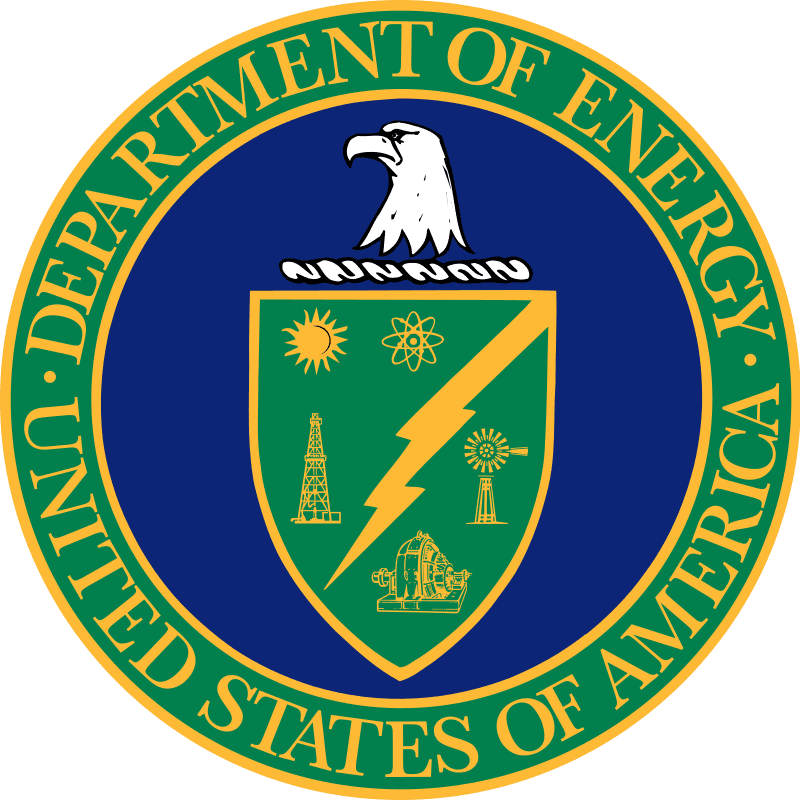
- The Department of Energy (DOE) is a federal agency that promotes energy innovation and security. The DOE partners with nonprofit organizations to promote workforce development and job training initiatives in the energy sector. Their programs help energy professionals gain new skills and advance their careers, contributing to the growth and sustainability of the energy industry.
Federal Reserve System
- The Federal Reserve System is the central bank of the United States, which conducts monetary policy and regulates financial institutions. The Federal Reserve collaborates with nonprofit organizations to promote workforce development and economic education. Their programs help individuals gain financial literacy and skills, contributing to economic stability and growth.
Department of Transportation (DOT)
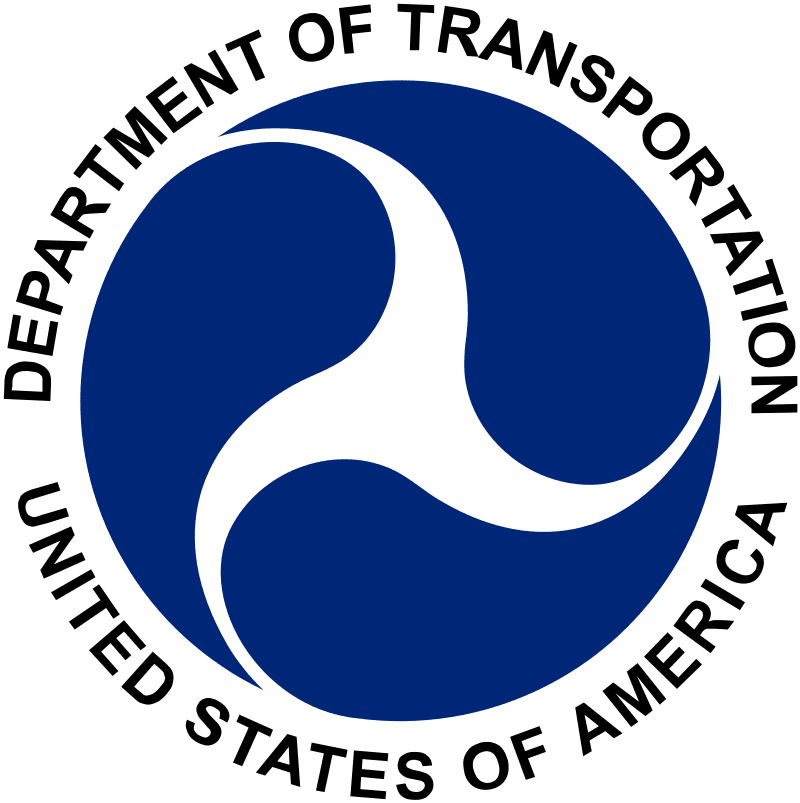
- The Department of Transportation (DOT) is a federal agency that oversees national transportation systems. The DOT partners with nonprofit organizations to promote workforce development and job training initiatives in transportation and infrastructure. Their programs help transportation professionals gain new skills and improve their career prospects, contributing to the safety and efficiency of national transportation systems.
Department of Housing and Urban Development (HUD)
- The Department of Housing and Urban Development (HUD) is a federal agency that promotes affordable housing and community development. HUD collaborates with nonprofit organizations to deliver workforce development and job training programs for housing and urban development professionals. Their initiatives help individuals gain the skills and experience needed to improve housing conditions and promote sustainable community development.
Consumer Financial Protection Bureau (CFPB)

- The Consumer Financial Protection Bureau (CFPB) is a federal agency that protects consumers in the financial sector. The CFPB partners with nonprofit organizations to promote financial literacy and workforce development. Their programs help individuals gain the skills and knowledge needed to navigate the financial system and achieve economic security.
National Park Service (NPS)
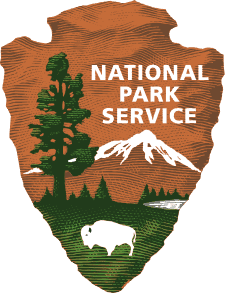
- The National Park Service (NPS) is a federal agency that manages national parks and historic sites. The NPS partners with nonprofit organizations to promote workforce development and job training initiatives in conservation and park management. Their programs help conservation professionals gain new skills and advance their careers, contributing to the preservation and enjoyment of natural and cultural resources.
Corporation for Public Broadcasting (CPB)
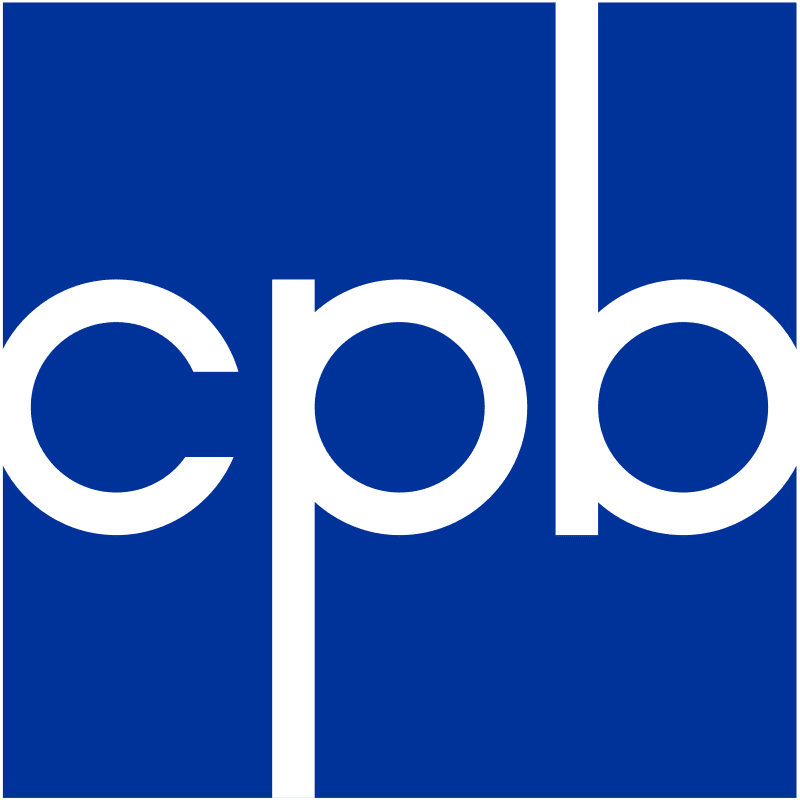
- The Corporation for Public Broadcasting (CPB) is a nonprofit corporation that supports public broadcasting services. CPB collaborates with nonprofit organizations to promote workforce development and job training initiatives in media and journalism. Their programs help media professionals gain new skills and improve their career prospects, contributing to the quality and diversity of public broadcasting.
Department of Justice (DOJ)
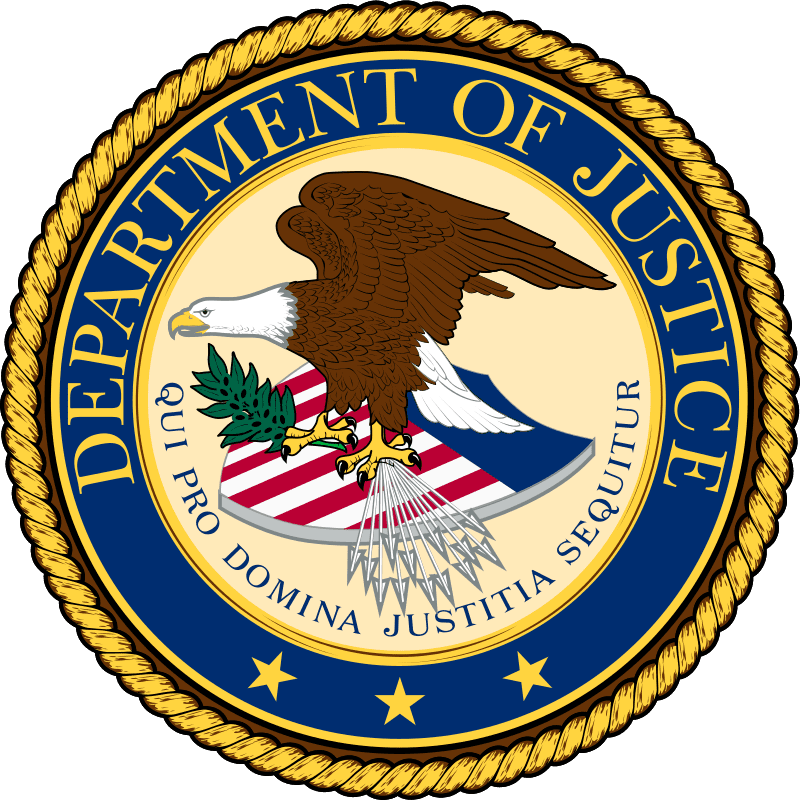
- The Department of Justice (DOJ) is a federal agency that enforces the law and defends the interests of the United States. The DOJ partners with nonprofit organizations to deliver workforce development and job training programs for legal professionals. Their initiatives help individuals gain the skills and knowledge needed to pursue careers in law and justice, contributing to the fair and effective administration of justice.
Department of Health and Human Services (HHS)
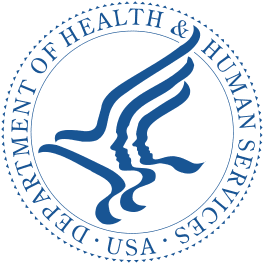
- The Department of Health and Human Services (HHS) is a federal agency that protects the health and well-being of Americans. HHS collaborates with nonprofit organizations to deliver workforce development and job training programs for healthcare professionals. Their initiatives help individuals gain the skills and experience needed to succeed in the healthcare sector, contributing to the quality and accessibility of healthcare services.
Department of Agriculture (USDA)
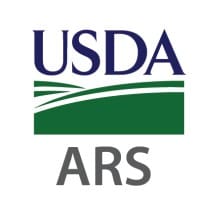
- The Department of Agriculture (USDA) is a federal agency that promotes agricultural production and food security. The USDA partners with nonprofit organizations to promote workforce development and job training initiatives in agriculture and food systems. Their programs help agricultural professionals gain new skills and advance their careers, contributing to the sustainability and productivity of the agricultural sector.
Department of Homeland Security (DHS)

- The Department of Homeland Security (DHS) is a federal agency that ensures the security of the United States. The DHS partners with nonprofit organizations to promote workforce development and job training initiatives in security and emergency management. Their programs help security professionals gain new skills and improve their career prospects, contributing to the safety and resilience of communities.
Department of State (DOS)
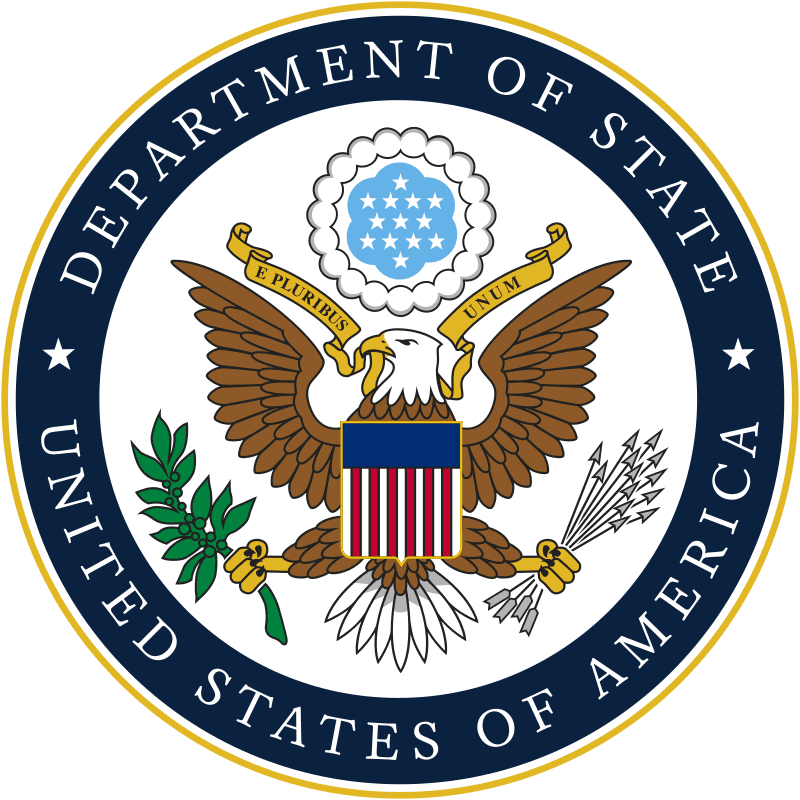
- The Department of State (DOS) is a federal agency that conducts foreign affairs and diplomacy. The DOS partners with nonprofit organizations to promote workforce development and job training initiatives in international relations and diplomacy. Their programs help individuals gain the skills and knowledge needed to pursue careers in foreign service, contributing to the effective representation of U.S. interests abroad.
Conclusion
These government-related nonprofit organizations are instrumental in improving the lives of workers by advocating for fair wages, safe working conditions, and equal opportunities. Their work is essential in creating a just and equitable workforce where all employees are valued and respected. By supporting these organizations, we can contribute to a better future for workers everywhere. Whether through donations, volunteering, or spreading awareness, everyone can play a role in advancing the mission of these impactful nonprofits.
















